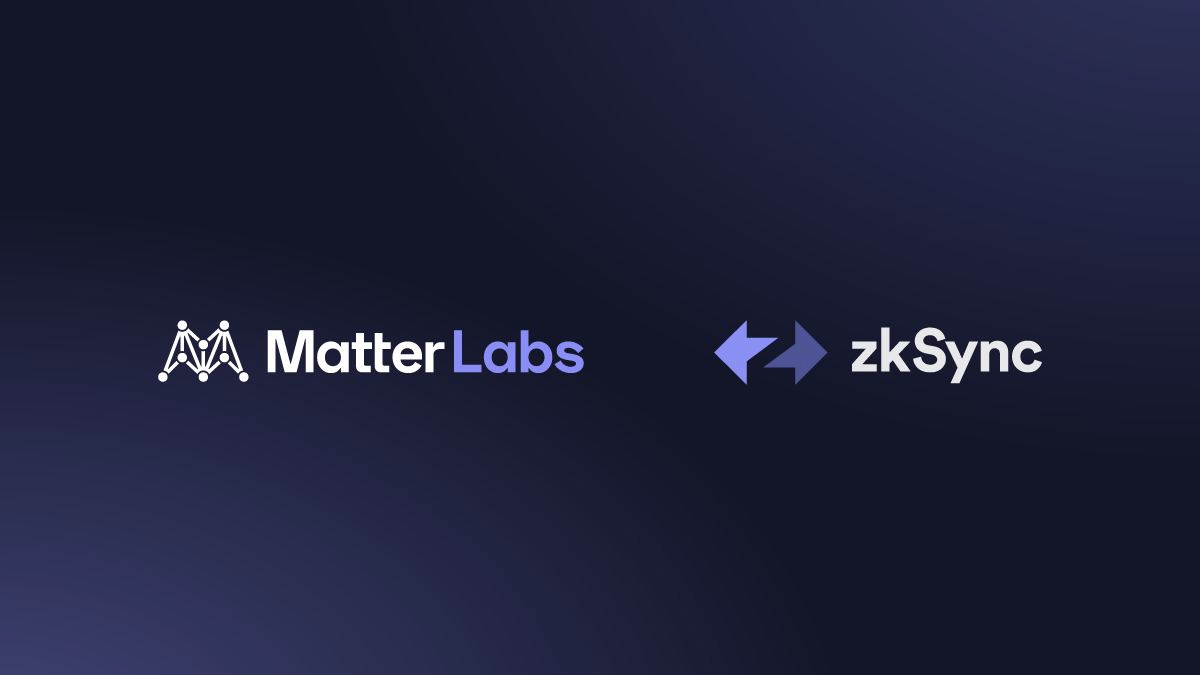Matter Labs CEO Alex Gluchowski has rejected allegations of copying code from Polygon Zero. The charge was that Matter Labs, which Gluchowski co-founded, incorporated code from Polygon Zero’s system into their own, without adequate credit. The supposed copied code involves the operation of zero-knowledge systems, a type of cryptography.
Polygon Zero, on August 3, published a comprehensive blog post claiming that critical components of its “Plonky2” system were duplicated in Matter Labs’ newly unveiled “Boojum” proving system. They assert this was done without giving credit to the original creators.
Polygon Zero articulated their concern that such practices could harm the developer ecosystem, especially smaller teams. They argued that well-funded competitors could merely repurpose their work without appropriate recognition. In their words:
“The ethos of open-source is undermined by copying and pasting source code without attribution and making misleading claims about the original work, which harms the ecosystem.”
Matter Labs CEO Responds to Accusations
In response to these allegations, Gluchowski firmly denied merely copying and pasting the code. He responded to Polygon Zero’s claims via an extensive post on the social media platform X, previously known as Twitter. He stressed that the decisions they made while developing zkSync were grounded in transparency and integrity.
The CEO suggested that Polygon Zero’s enthusiasm may have led to hastily constructed arguments and false claims. He expressed disappointment in the unfounded allegations coming from a team he greatly respects.
In his response, Gluchowski emphasized that both Plonky2 and Boojum are implementations of RedShift construction, a concept introduced by Matter Labs three years prior to the release of the Plonky2 paper. Despite this, he pointed out that the creators of Plonky2 didn’t acknowledge them but did mention RedShift.
However, Gluchowski did concede that they could have handled the attribution process more effectively. In light of community feedback, they plan to adopt a more standard approach to attribution in the future.
